Public confidence in vaccines varies widely between countries and regions around the world, with signs that public trust may be improving in parts of Europe, whilst several countries experiencing political instability and religious extremism are seeing growing scepticism that vaccines are safe, and the spread of misinformation online is threatening vaccination programmes worldwide.
The new research mapping global trends in vaccine confidence across 149 countries between 2015 and 2019, published in The Lancet, is based on data from over 284,000 adults (aged 18 years and older) surveyed about their views on whether vaccines are important, safe, and effective.
Public trust in immunisation is an increasingly important global health issue, with WHO declaring vaccine hesitancy as one of the top ten threats to global health in 2019. Declining confidence can result in vaccine delays or refusals, which is contributing to a rising number of vaccine preventable disease outbreaks including measles, polio, and meningitis worldwide.
“It is vital with new and emerging disease threats such as the COVID-19 pandemic, that we regularly monitor public attitudes to quickly identify countries and groups with declining confidence, so we can help guide where we need to build trust to optimise uptake of new life-saving vaccines”, says Professor Heidi Larson from the London school of Hygiene & Tropical Medicine, UK, who led the research.
She continues, “One of the main threats to the resilience of vaccination programmes globally is the rapid and global spread of misinformation. When there is a large drop in vaccination coverage, it is often because there's an unproven vaccine safety scare seeding doubt and distrust. Sometimes there is a genuine small risk that gets rapidly spread and amplified to appear to be a much larger risk. There are also cases where vaccine debates have been purposefully polarised, exploiting the doubting public and system weaknesses for political purposes, while waning vaccine confidence in other places may be influenced by a general distrust in government and scientific elites.”
Although immunisation coverage is reported across the world, no comparable global estimates and monitoring of vaccine confidence are available. The Vaccine Confidence Project (VCP) was founded a decade ago to help plug the gap, providing a systematic approach to monitoring public attitudes to vaccines and to inform policymakers of the changing trends and determinants of vaccine confidence around the world.
In this study, researchers analysed data from 290 nationally representative surveys conducted between September 2015 and December 2019—combining previously published data from nearly 250,000 survey responses with 50,000 additional interviews from 2019. Modelling was used to estimate trends in public perceptions about the safety and effectiveness of vaccines, and the importance of vaccinating children. They also modelled the relationship between vaccine uptake in each country and demographics (ie, age, sex, religious beliefs), socioeconomic factors (eg, income, education), and source of trust (eg, family, friends, health professionals). Estimates of vaccine confidence for some countries includes wide confidence intervals reflecting lower numbers of recent data—for these countries, the estimates are a weighting of the countries’ overall trend and the trend of the whole continent.
More recent changes in vaccine safety perceptions were evaluated for the EU, where a higher frequency of surveys has been conducted per country, on average, compared with the rest of the world (figure 3 and “EU recent changes” excel sheet).
Across the European Union recent significant losses in confidence in vaccine safety were detected in Poland (a dip from 64% strongly agreeing vaccines are safe in Nov 2018 to 53% by Dec 2019), reflecting the growing impact of a highly organised local anti-vaccine movement. However, confidence in vaccine safety is increasing in several countries, including Finland, France, Italy, and Ireland (as well as the UK). In France, where confidence in vaccines has been persistently low, there has been a marked rise in confidence, from 22% of those surveyed strongly agreeing vaccines are safe in Nov 2018, to 30% in Dec 2019. In the UK, confidence in vaccine safety rose from 47% in May 2018 to around 52% in Nov 2019 (figure 3A and Appendix 2 “EU recent changes” excel sheet).
In contrast, six countries (Afghanistan 2% of those surveyed strongly disagreeing vaccines are safe in 2015 rising to 3% in 2019, Azerbaijan 2%-17% , Indonesia 1%-3%, Nigeria 1%-2%, Pakistan 2%-4%, and Serbia 4%-7%) have witnessed substantial increases in people strongly disagreeing vaccines are safe (ie, not just being less convinced, but actively against vaccines) between 2015 and 2019, in what researchers describe as a "worrying trend”, with negative attitudes mirroring trends in political instability and religious extremism.
The analysis suggests that overall confidence in vaccines—including safety, effectiveness, and importance—fell in Indonesia, the Philippines, Pakistan, and South Korea between November 2015 and December 2019 (figure 2). For example, risks of a dengue vaccine (Dengvaxia) in the Philippines in 2017 led to a dramatic drop in public confidence in vaccine safety and impacted the uptake of routine vaccines—causing the Philippines to drop out of the top 10 countries with the highest overall vaccine confidence in 2015 (82% of those surveyed strongly agreeing that vaccines safe, 92% important, 81% effective), to ranking no higher than 70th in 2019 (58% those surveyed strongly agreeing that vaccines safe, 70% important, 57% effective; figure 3C). In South Korea, online mobilisation efforts against childhood immunisation by communities such as ANAKI (Korean abbreviation of ‘raising children without medication’), have been identified as key barrier to vaccination.
Indonesia has witnessed one of the largest falls in public trust worldwide between 2015 and 2019 (absolute difference in perception of safety fell 14% [from 64% to 50%], importance 15% [75% to 60%], effectiveness 12% [59% to 47%]). The authors say negative attitudes may have been partly triggered by Muslim leaders questioning the safety of the measles, mumps, and rubella (MMR) vaccine, and issuing a fatwa (religious ruling) claiming that the vaccine was haram (forbidden) and contained ingredients derived from pigs, as well as local healers promoting natural alternatives to vaccines.
The analysis suggests that confidence in the importance of vaccines (rather than in their safety or effectiveness) is most strongly linked with vaccine uptake. By December 2019, the majority of European countries were displaying increased levels of confidence in the importance of vaccination than in their safety and effectiveness (figure 2).
“Our findings suggest that people do not necessarily dismiss the importance of vaccinating their children even if they have doubts about how safe vaccines are”, says co-lead author Clarissa Simas from the London School of Hygiene & Tropical Medicine, UK. “The public seem to generally understand the value of vaccines, but the scientific and public health community needs to do much better at building public trust in the safety of vaccination, particularly with the hope of a COVID-19 vaccine.” [1]
In 2019, Iraq (95%), Liberia (93%), and Senegal (92%) had the highest proportion of respondents who agreed that it is important for children to be vaccinated, while Hong Kong (36%), Russia (34%), and Albania (26%) reported the lowest proportion strongly agreeing on the importance of vaccines.
The study also found that being male or less educated were linked with a lower chance of vaccine uptake, whilst trusting health-care workers the most for medical or health advice, rather than family, friends, and other non-medical sources for health advice was associated with increased chances of vaccine uptake (figure 4). Researchers found a weaker association between minority religious groups (or those refusing to provide their religious belief) and lower likelihood of vaccine uptake.
The researchers note some important limitations of the study, including wide confidence intervals, and a lack of consistency between survey responses, that meant vaccination beliefs were pooled into extreme categories of “strongly agree” or “strongly disagree”, potentially masking key information. They also note that vaccination status was based on parental recall, and that the findings do not reveal whether attitudes were related to specific vaccines.
Writing in a linked Comment, lead author Dr Daniel Salmon (who was not involved in the study) from John Hopkins Bloomberg School of Public Health, USA, says that most vaccine scares are not supported by scientific evidence, adding that, “Vaccines have a remarkable safety record, based on rigorous processes of phased randomised controlled trials and on licensure requirements, which have ensured that the benefits of vaccination outweigh the risks. Situations such as Dengvaxia are exceedingly rare.”
He concludes that global investment in vaccine safety and communication infrastructure is much needed: “[…] without substantial global investment in active vaccine safety surveillance, continuous monitoring of public perceptions, and development of rapid and flexible communication strategies, there is a risk of SARS-CoV-2 vaccines never reaching their potential due to a continued inability to quickly and effectively respond to public vaccine safety concerns, real or otherwise. With every crisis comes opportunity; it should not be ignored.”
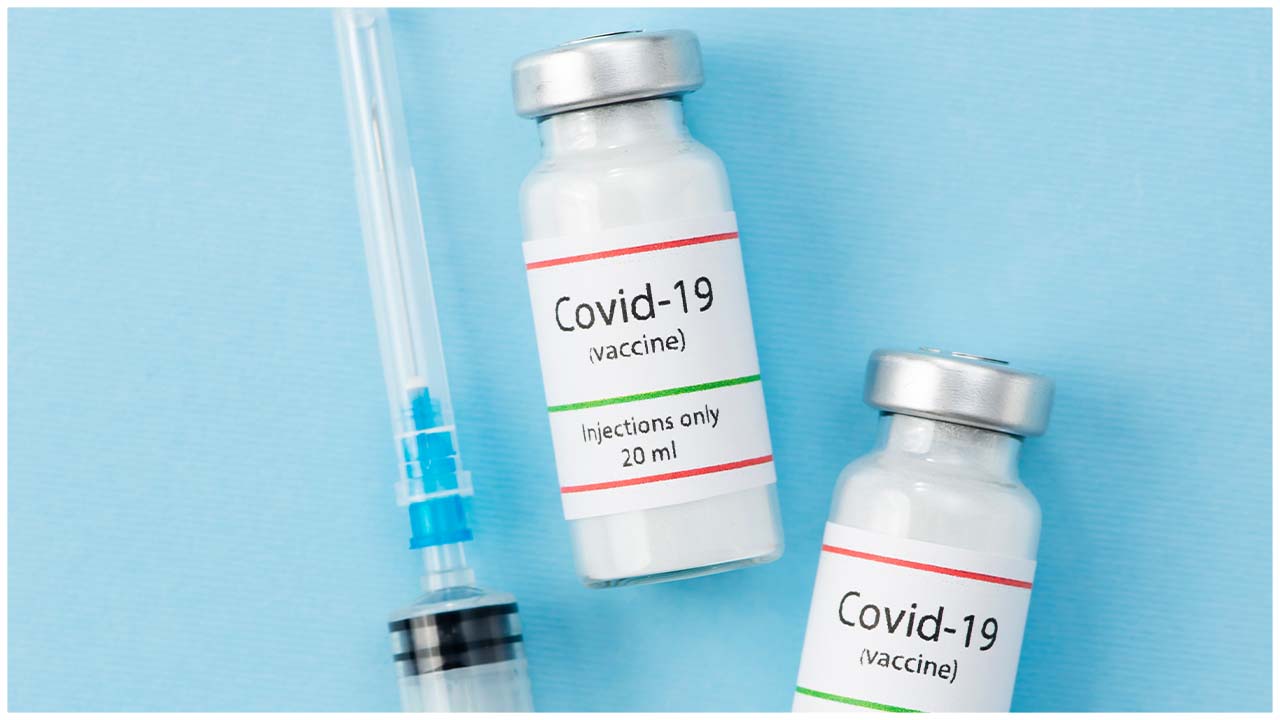
 Vaccine confidence in Europe remains low compared to other regions
Vaccine confidence in Europe remains low compared to other regions 






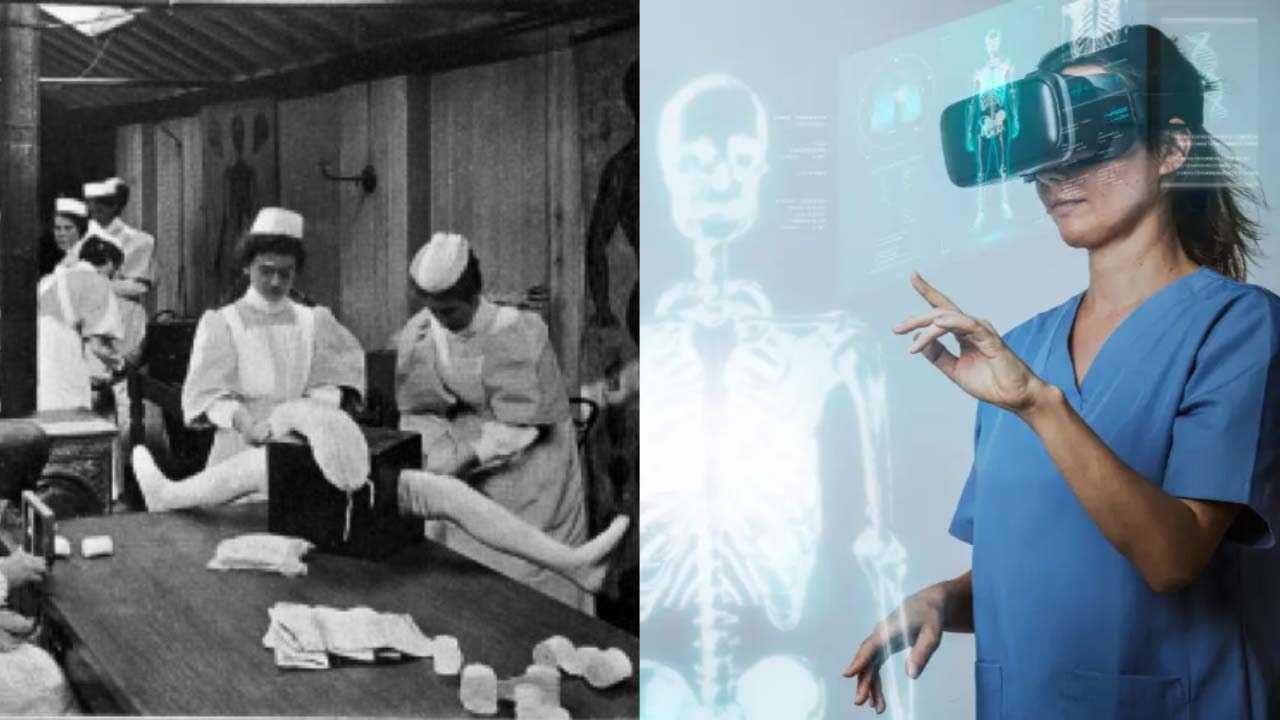
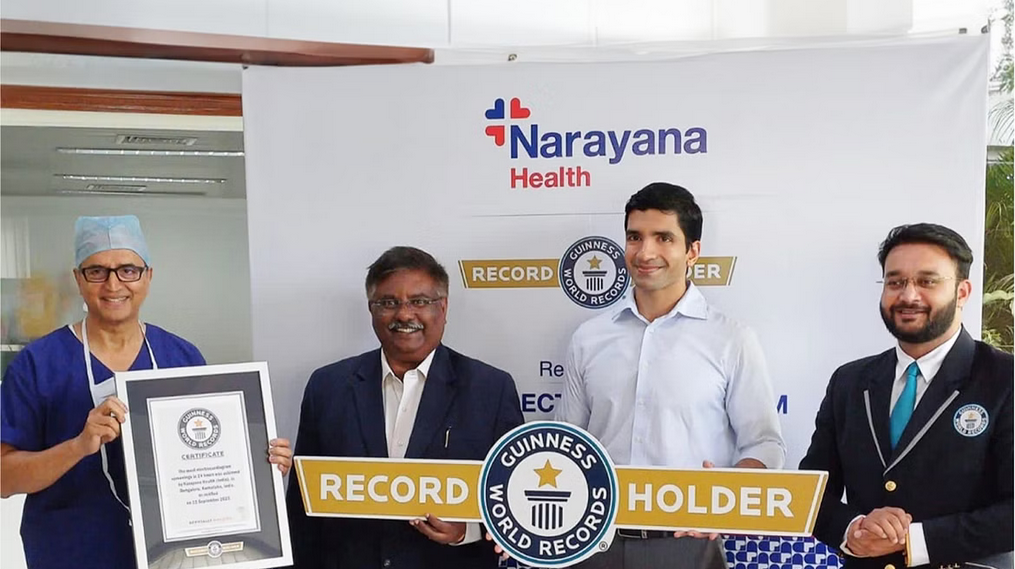
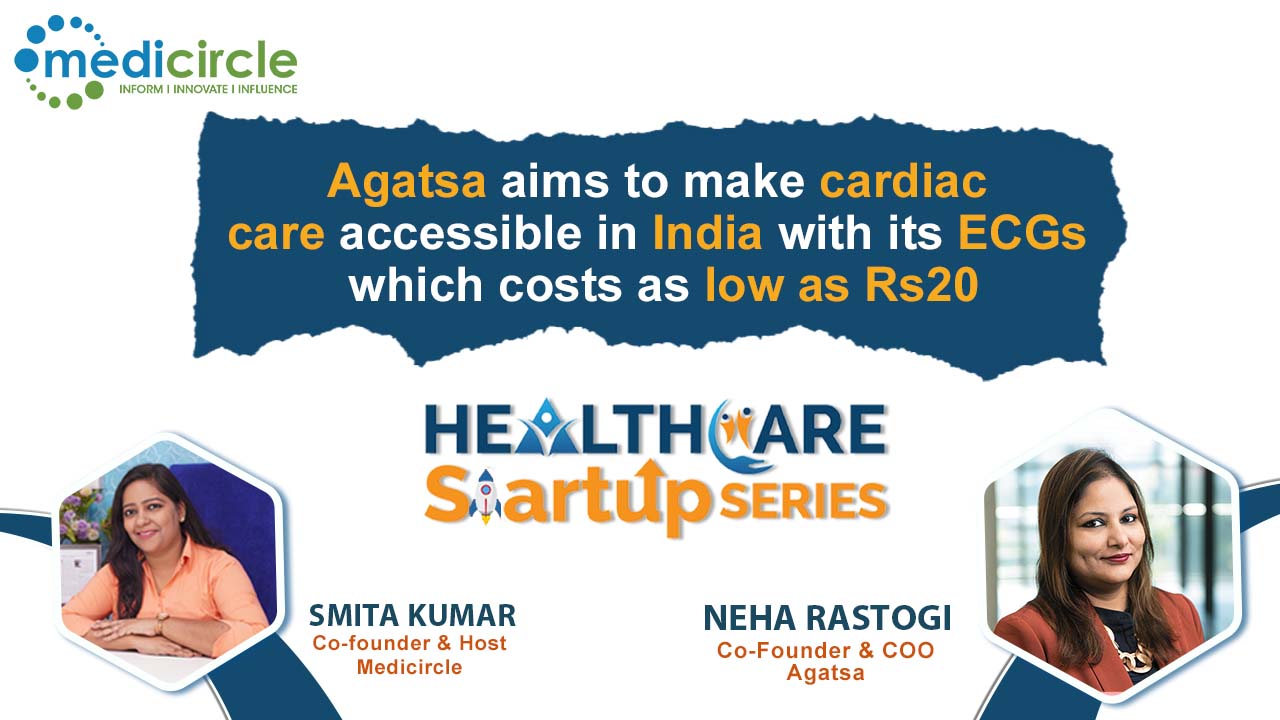
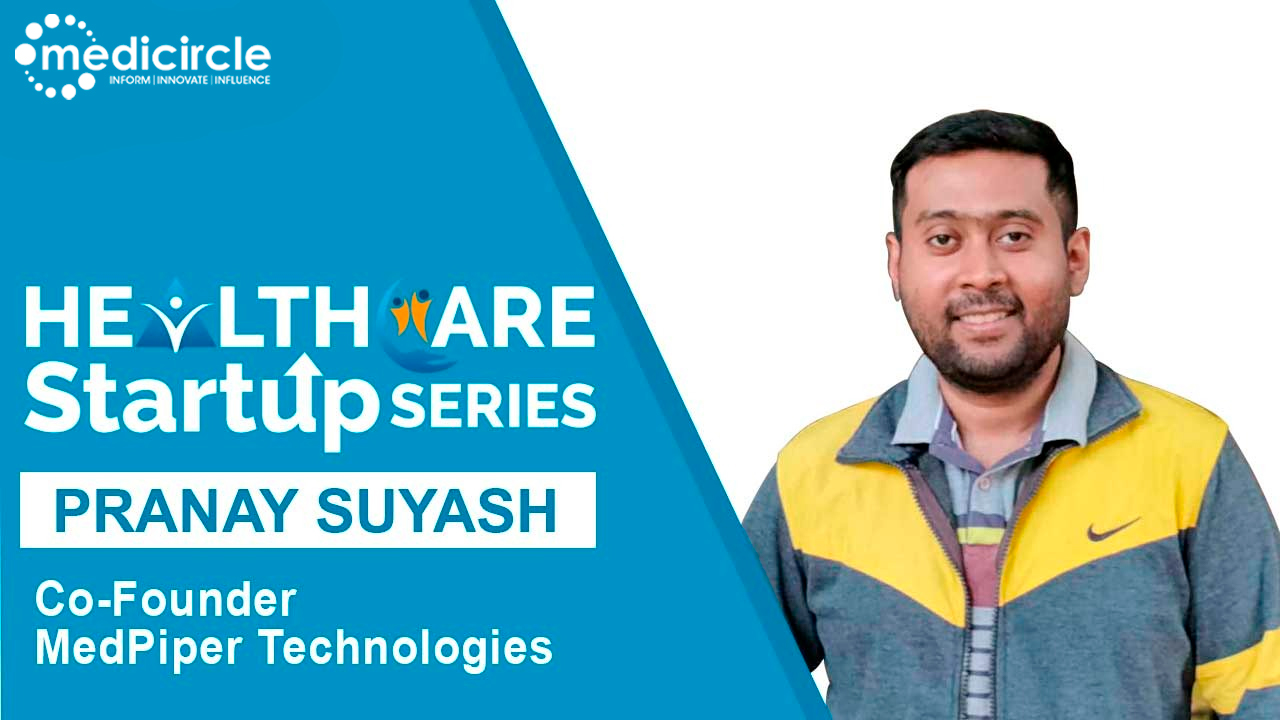

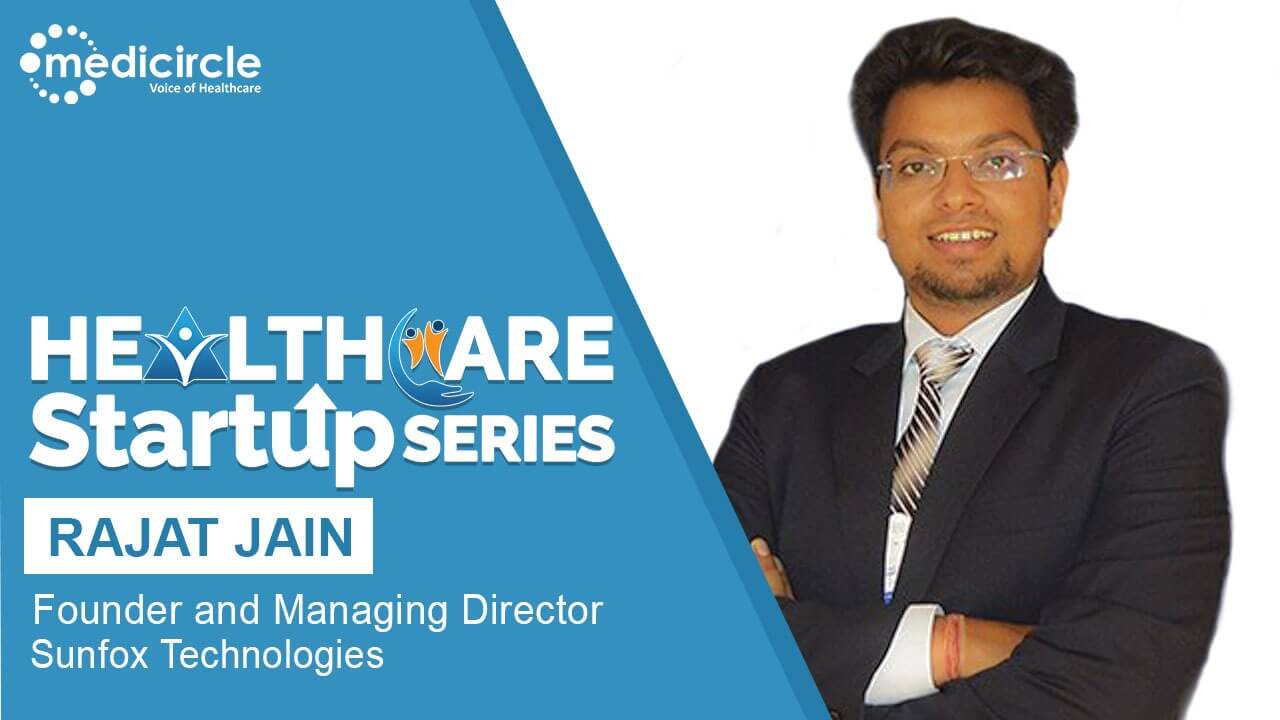


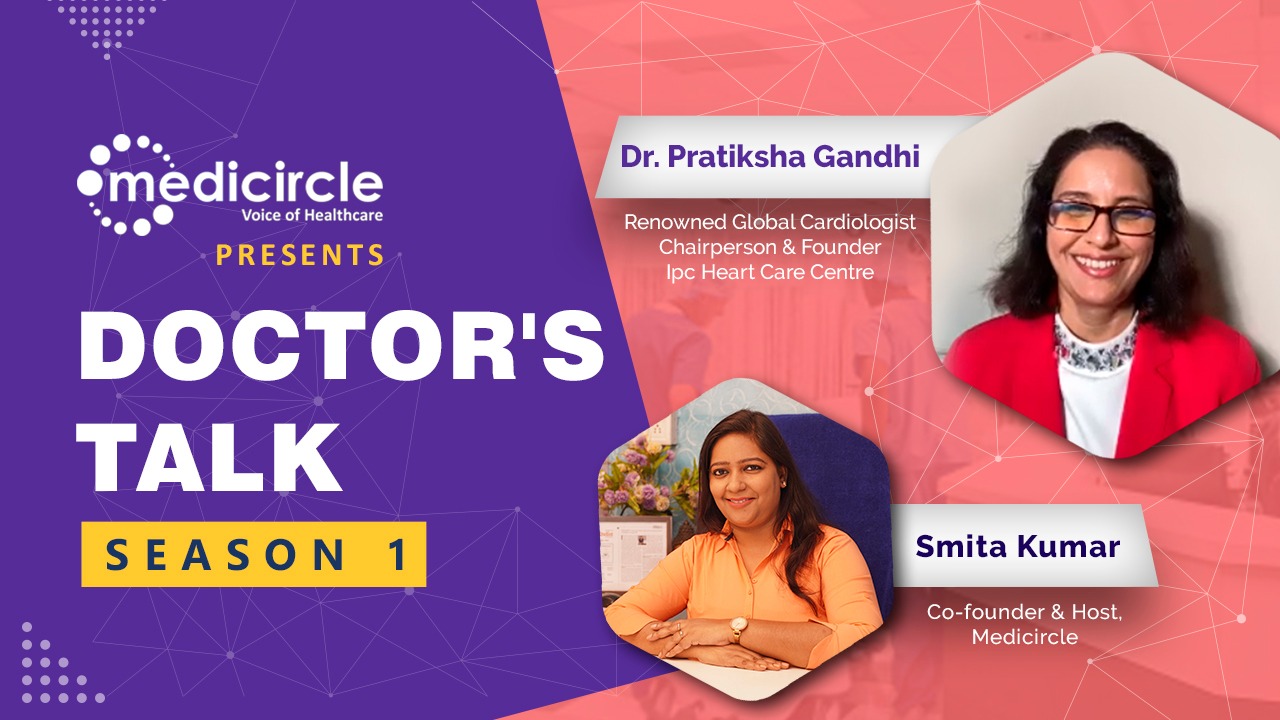





.jpeg)

.jpeg)










.jpg)




.jpg)

